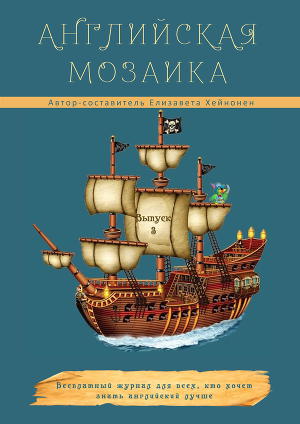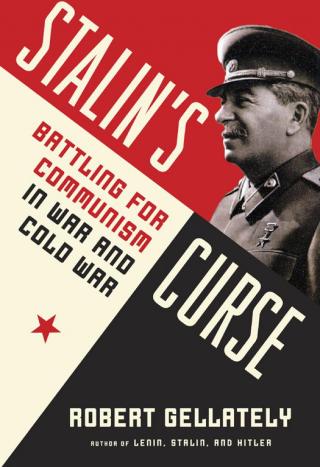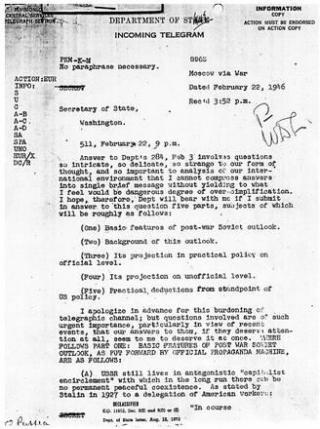On the 100th anniversary of the Titanic’s sinking, a prominent Titanic researcher offers a final chance to see the ship before it disappears forever
The Titanic was the biggest, most luxurious passenger ship the world had ever seen; the...
Формат:
только полные версии
«Английская мозаика» – это бесплатный периодический журнал для всех, кто хочет знать английский лучше. В нём читатель найдёт ответы на...
Pompeii explodes a number of myths – from the very date of the eruption, probably a few months later than usually thought; the hygiene of the baths which must have been hotbeds of germs; and the legendary number of brothels, most likely only one,...
“A mock self-help book designed not to help but to provoke; a chapbook to inveigle us into thinking about who we are and how we got into this mess.” —Los Angeles Times Book Review
Published at the height of the 1980s self-help boom,...
A chilling, skillfully delineated account based on newly released Russian documentation that reveals Stalin’s true motives—and the extent of his enduring commitment to expanding the Soviet empire—during the years in which he seemingly...
Военная документалистика и аналитика, Военная история
Vulcan 607: The Epic Story of the Most Remarkable British Air Attack Since WWII
It was to be one of the most ambitious operations since 617 Squadron bounced their revolutionary bombs into the dams of the Ruhr Valley in 1943…
April 1982. Argentine forces had invaded the Falkland Islands. Britain needed an answer....
Set against the backdrop of the Cold War, the SAAF was South Africa’s first line of defence against Soviet expansionism in southern Africa. In this account, Peter Baxter examines and brings to life the squadrons and aviators that fought in both...
The single document that best illustrated American anti-communism and general suspicion of Soviet aspirations, was George Kennan’s famous Long Telegram of 1946. The Long Telegram was perhaps the most cited and most influential statement of the...
Tells the story of one of the pivotal events of the WWII – the struggle between British and German air forces in the late summer and autumn of 1940. This book answers such questions as: how close did Britain really come to invasion; what were...
The “Long Telegram” was sent by George Kennan from the United States Embassy in Moscow to Washington, where it was received on February 22nd 1946. The telegram was prompted by US enquiries about Soviet behaviour, especially with regards to their...







![The Sources of Soviet Conduct [a.k.a. X Article]](https://www.rulit.me/data/programs/images/the-sources-of-soviet-conduct-a-k-a-x-article_354882.jpg)

